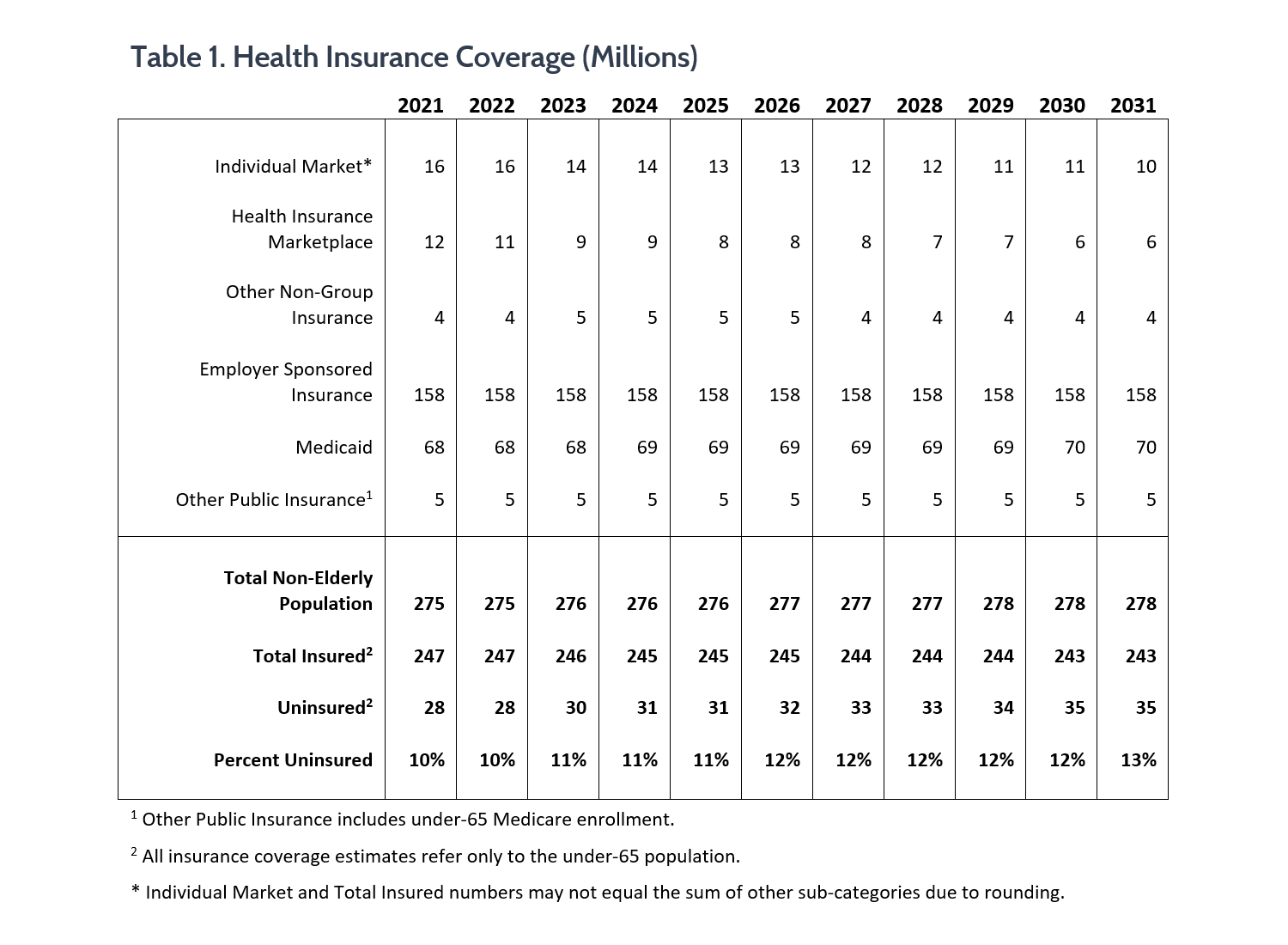
If you're deciding whether to buy travel insurance, it is important to know that some policies don't cover pandemics. Others may not cover these events until they have been declared. To learn more, you should read the policy documentation. However, if you are unsure, it is best to opt for comprehensive travel insurance. A policy with Cancel for Any Reason coverage is a smart choice.
Cancel anytime
The standard travel insurance policy excludes pandemics and epidemics. The optional "Cancel-for-Any Reason" coverage is not available to travelers. They will not likely be able recover any costs related a pandemic. New York does not consider "cancel at any time" coverage insurance because it doesn’t apply to a particular event. Insurers can still comply with the law if they prove that the benefit is related to an "authorized company."
In recent years, many insurance providers have added the "COVID-19" pandemic to their travel insurance policies. For this coverage to apply, the traveler must be certified as a medical professional. Additionally, coverage for "I'm afraid of traveling" is not available. However, travelers with Cancel for Any Reason coverage may qualify for 50-75% of their trip costs. This coverage is subject to availability. Cancel for any reason must be cancelled at least 2 days before departure to qualify.
Standard trip cancellation policy
Some standard travel insurance policies do not cover the costs of travel due to a pandemic. To include this coverage, you must upgrade your policy. The upgrade covers up to 25% of non-refundable costs and costs approximately 40 percent more than the standard plan. If you're concerned about a pandemic, this is an option.

To find out if pandemic coverage includes you, ensure you carefully read your policy. You can also look at your policy to find out what other mishaps might not be covered. Check that your policy limits can cover any other mishaps. Also, ensure your policy covers transport and emergency evacuation in case of an emergency.
Cancellation due fear of traveling
Insurance policies for travel don't usually cover cancellations due to the fear of pandemics or disease. Some companies have relaxed their policy guidelines. An optional Cancel for any Reason benefit may allow you to receive 50-75% of the trip cancellation cost if you become ill. But you have to act fast if you want to qualify for this benefit. To cancel your trip at least 2 days prior to departure, it is best.
Unfortunately, standard travel insurance policies will not cover cancellations caused by pandemics, epidemics or viral outbreaks. The policy won't cover you if you cancel because of "fear of traveling". But travelers should know that there are many reasons why they may need to cancel. You may have to cancel your trip because of flight cancellations or cruise ship travel suspensions.
Pre-existing Conditions Waivers
Pre-existing conditions may make you worry about your chances of getting injured or sick while on vacation. Most travel insurance policies do not cover such conditions, but if you've got a chronic illness, you may be eligible for a pre-existing conditions waiver.
If you have a medical condition, this waiver will allow you to avoid having to pay a premium. If you have been suffering from a disease or other health problem for more than 60 days, you can get a waiver of pre-existing condition. But make sure you look at your medical records to make sure your policy covers this type of illness.

Cancellation coverage for COVID-19
Travel insurance is necessary if you travel to a affected region by the Covid-19 viruses. Some insurance policies cover trip cancellations for certain illnesses. Some policies will also cover quarantine costs. Whether you're traveling for business or pleasure, it's important to find out what your specific coverage is.
Insurance policies typically exclude loss due to epidemics. Therefore, you should inquire about cancellation coverage to COVID-19. This depends on your coverage and policy limits. Some plans exclude losses due to COVID-19 because it's a communicable disease. But others may provide coverage for such events if they're part of a joint public-private initiative.